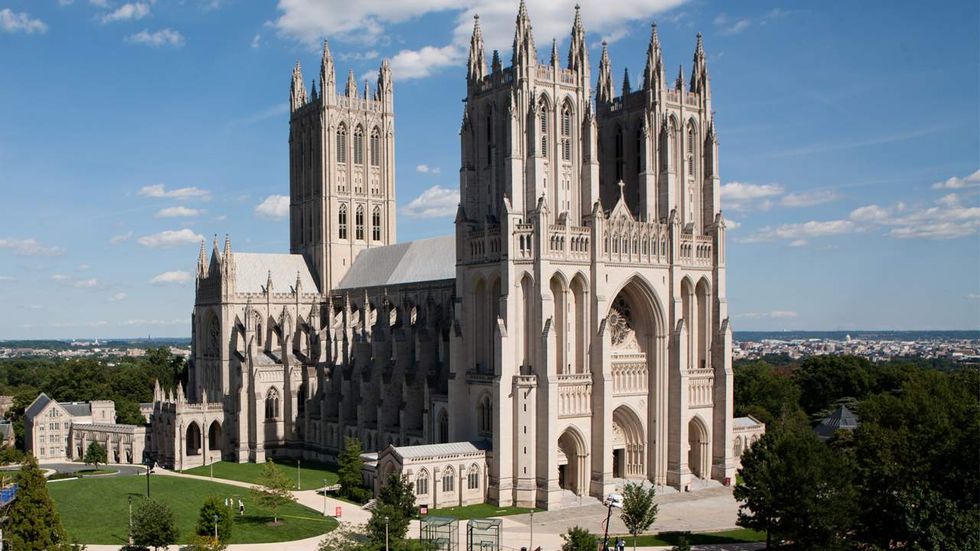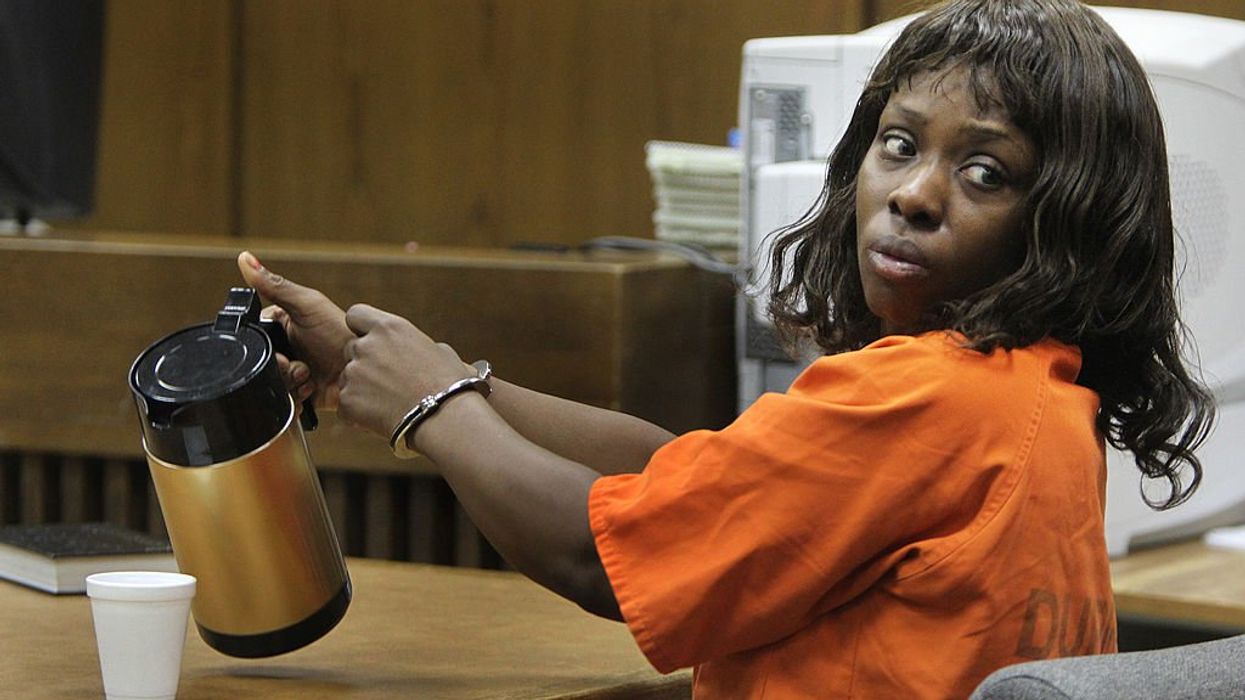Republican members of the House of Representatives are working to implement provisions that would allow church leaders to openly advocate for politicians and political causes without fear of risking their church’s tax-exempt status.
Under the Johnson Amendment, a law named after then-Sen. Lyndon Johnson (D-Texas), religious leaders who openly advocate for politicians or political groups could have their church’s tax-exempt status removed by the IRS, forcing the church to pay taxes as though it were a business. Because many state taxes are also linked to the IRS’ determination of a church’s nonprofit status, churches who lose their federal tax-exempt status often must pay state taxes as well.
The Associated Press reported Friday House Republicans are working to effectively gut the Johnson Amendment, which was approved by Republican President Dwight Eisenhower in 1954, by cutting off the funding used to enforce it. The House Appropriations Committee included the provision in a new bill that would fund the Treasury Department and other agencies and subsequently passed the legislation. It will have to be approved by the full House and Senate before making its way to President Donald Trump’s desk for his signature.
Republicans have been unsuccessful in garnering enough support to reverse the law entirely for more than two decades.
In June, Vice President Mike Pence told the Faith and Freedom Coalition President Donald Trump supports ending or limiting the Johnson Amendment.
"Free speech shouldn't stop at the door of our churches, synagogues and places of worship," Pence said.
Left-wing groups and some Democrats have already criticized the action. They have said it would encourage the mixture of church and politics, which they believe is harmful.
“Weakening current law would allow politicians and others seeking political power to pressure churches for endorsements, dividing congregations and opening them up to the flow of secret money,” read a letter sent to the House committee earlier this week by a group of 40 religious groups, according to a report by the Washington Post.
Among those churches who signed the letter are the Episcopal Church and the Evangelical Lutheran Church in America, two large mainline denominations that have a long history of backing left-wing causes.
If church leaders are able to openly advocate for political candidates, it could have a substantial impact on the future of U.S. elections. Although many pastors already discuss politics in their churches, many are too concerned about their church losing its tax-exempt status to promote political causes.
"Some churches, including my own, have been very concerned about appearing political in any way shape or form," Rep. Pat Tiberi (R-Ohio) told the Associated Press.
Tiberi also said the law has not been enforced evenly.
"Churches I went to that were primarily in Democrat areas, that I would go to because I had a Democrat district, the local candidates on the Sunday mornings before the election would be introduced, would speak from the pulpit about the campaign and why the congregation should vote for them," Tiberi said.



